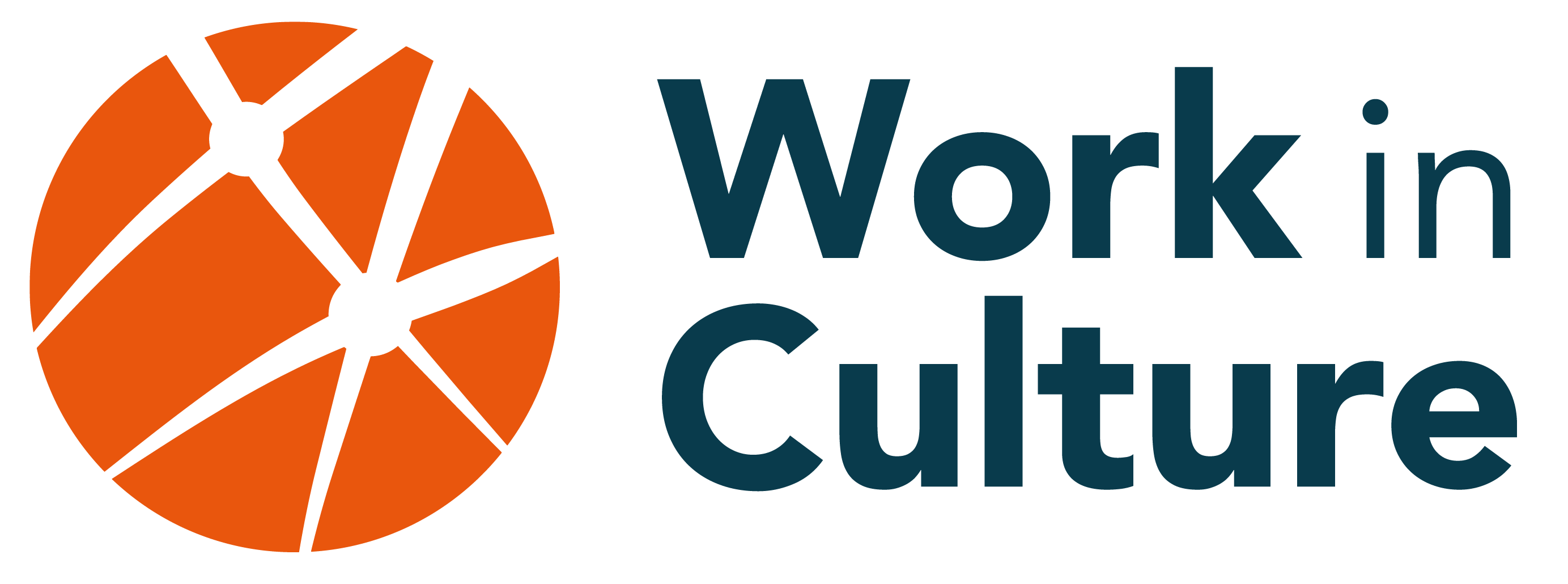
Hiring in the arts/culture/heritage sector can be tough! Here, we look at some of the more common hiring challenges faced by leaders and managers in the sector. And to help you overcome those challenges, we’ve provided some practical tips to improve your organization’s hiring.
THE CHALLENGES…
We have a small staff and low turn-over, which means we don’t hire often.
At first glance, that seems great! You don’t have to hire too often! But here’s the thing — you DO need to hire sometimes, and because you do it so rarely, chances are your organization 1) might not have a lot of experience hiring, 2) might have very few policies, guidelines, or procedures for hiring, and 3) might have very little infrastructural support for hiring. That can make hiring hard — you don’t get enough opportunity to develop your hiring skills and you might not have the necessary support for good hiring practices.
We are strapped for time and resources, and so we rush the hiring process.
When you rush the process, you can lose the opportunity to make the best possible hire. What can rushing look like?
- Not spending enough time making a thorough, accurate, and effective job posting;
- Not doing the necessary research to ensure that your job posting is posted in the right places and reaching the right candidates;
- Only looking at your existing networks and losing opportunities to meet a diversity of candidates;
- Not including a practical interview or second interview when it might be beneficial;
- Not having applications and resumes reviewed by all appropriate parties in the hiring process.
At best: you miss the opportunity for the best possible hire. At worst: you get a bad hire.
We are from the arts/creative sector — HR is not our specialty.
Often, the path that leads to leadership in the arts/culture/heritage sector does not include much by way of formal training in Human Resources. Administrators and managers in our field are a talented group with a diversity of skills and unique ability for resourcefulness — but typically hiring is only one of many hats that we need to wear in our workplace. And while in an ideal world we would all have time and energy for our organizations to invest in us improving our HR chops, professional development funds and time are a rarity.
WHAT YOU CAN DO…
Include hiring practices in all your long-term and strategic planning.
Having a clear strategy for your team’s growth and development over the long-term will help guide you when actually hiring staff. Talk to your board about where hiring fits as a priority in your organization’s long-term strategy, and remember to consider your hiring needs when making big-picture changes to your organizations structures and policies.
Bring more experience to the table — and it doesn’t have to be yours.
If your board doesn’t already have a hiring committee, encourage them to create one. Include your team in the hiring process by looking for their input on the skills need for the new role, what they are looking for in a teammate, and for feedback from their experience being on the applicant’s side of the process.
Look to a mentor.
Mentorship can be a great way to learn more about hiring and improve your hiring skills outside of actual hiring scenarios. Even leaders can benefit from mentorship with members of their industry who have more hiring experience, or you can consider peer mentoring as a way of exchanging knowledge and growing your skills together.
Do your research when you AREN’T hiring.
You know all those projects you put on your list to get done when things are slow? Make hiring research one of those projects! Instead of waiting till you are under the pressure of needing to fill a gap in your staff, use down time to find new networks and places to post jobs, resources for hiring skills, brush up on your organizations hiring policies, read some examples of good job posts, and get updated on trends and best practices.
Create a standard set of interview questions that you use as part of your recruitment.
You can streamline your hiring process by putting the effort in to having a standard set of questions that you ask to all applicants, regardless of the role. While these will never be the only questions you ask at an interview, they can cover the broader strokes of fit, work history, and skills common to the entire organization. Having these well thought out, with the input of all relevant team members, and ready to use in all hiring scenarios can save valuable time when it comes time to interview applicants and allows you to spend more time developing the role-specific questions for your interviews.
What challenges have you faced when hiring? What have you done to make hiring more effective despite the challenges your organization faces?
